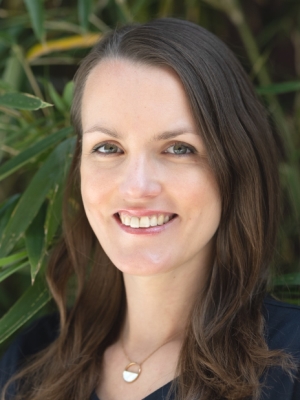Prof. Dr. Marie Schölmerich

Prof. Dr. Marie Schölmerich
Assistant Professor at the Department of Environmental Systems Science
Additional information
Research area
- Anaerobic Microbiology
- Environmental Metagenomics
- Microbial Physiology & Metabolism
- Protein Biochemistry
At the Schölmerich Lab, we study anoxic ecosystems and anaerobic microorganisms that are key players in the capture and conversion of the greenhouse gases carbon dioxide (CO2) and methane (CH4). These anaerobic bacteria and archaea employ the most ancient CO2 fixation pathway - the Wood-Ljungdahl pathway.
We employ a combination of computational and laboratory-based methods. These include culture-independent approaches like fieldwork, metagenomics, and computational biology, as well as genome-informed cultivation approaches and biochemical methods. Our overarching mission is to decipher the influence of these anaerobic microorganisms on biogeochemical cycles, and to identify the molecular elements and mechanisms driving these processes.
Marie C. Schölmerich joined ETH Zürich in August 2023 as a Tenure Track Assistant Professor of Environmental Microbiology at the Institute of Biogeochemistry and Pollutant Dynamics within the Department of Environmental Sciences.
She was born 1989 in Berlin, Germany.
Marie C. Schölmerich received her B.Sc. in Biochemistry from Leipzig University, Germany, in 2011, and her M.Sc. in Molecular Biosciences in 2013, and Ph.D. in Biology in 2018 from Frankfurt University, Germany. She was a junior group leader at Hamburg University, Germany, from 2018 – 2020 and later went on to become a Postdoctoral Fellow at UC Berkeley, CA, USA, a position she held from 2021 to 2023.
vertical_align_bottomCV PDFHonours
| Year | Distinction |
|---|---|
| 2025 | SNSF Starting Grant |
| 2020 | Walter Benjamin Fellowship (DFG) |
| 2019 | Postdoc Plus Stipend (Claussen-Simon Foundation) |
Course Catalogue
Autumn Semester 2025
| Number | Unit |
|---|---|
| 701-1302-00L | Term Paper 2: Seminar |
| 701-1303-00L | Term Paper 1: Writing |